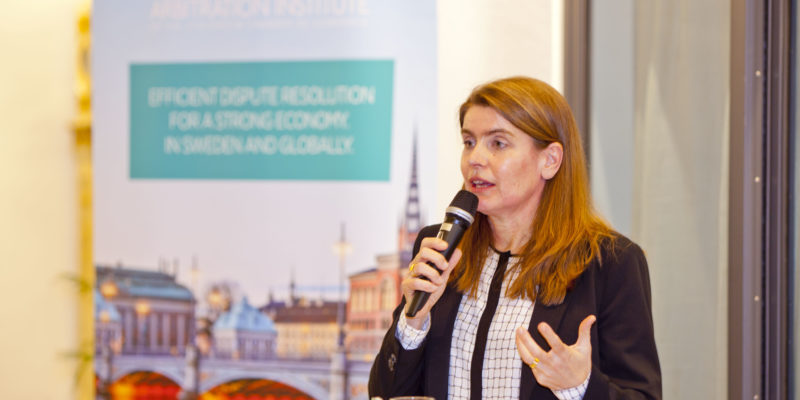Enforceability of Intra-EU Awards at the U.S. District Court for the District of Columbia: The Spanish Cases
The filing of new actions continues in the United States District Court for the District of Columbia (“D.D.C.”) to enforce ICSID awards rendered against Spain. The latest petition was filed on April 24, 2020, by Watkins Holdings S.à.r.l. and Watkins (Ned) B.V., both affiliates of the UK company Bridgepoint Advisers Limited, seeking the enforcement of…

